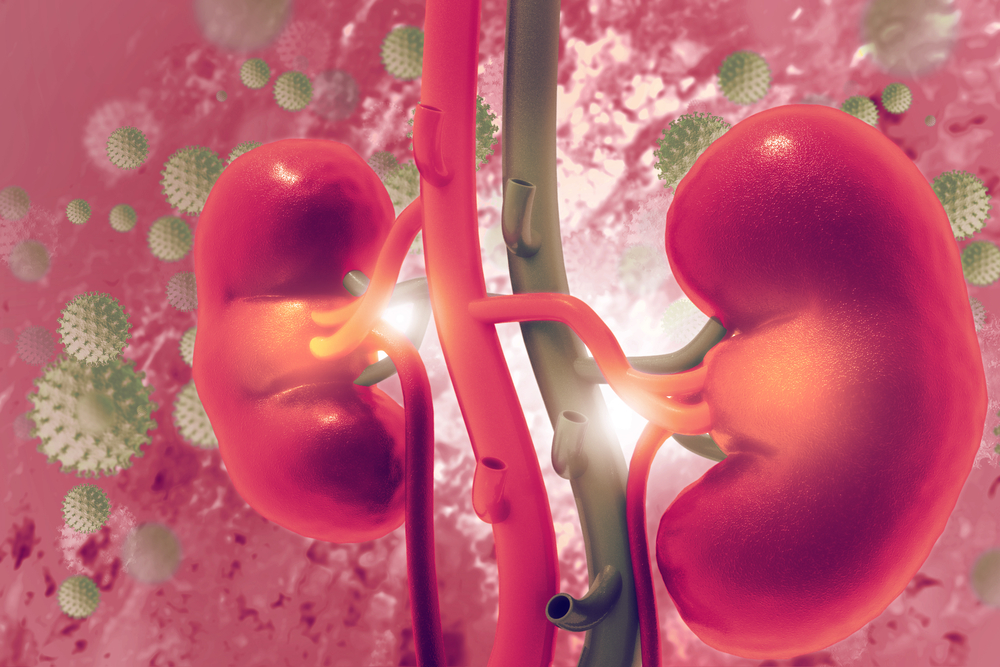Most people don’t think about their kidneys until something goes wrong, yet these two bean-shaped organs quietly keep your body in balance every day. They filter out waste, regulate fluids, and even play a role in keeping blood pressure steady. When they’re healthy, you hardly notice them, but when they’re under strain, the effects show up everywhere else. The challenge is that kidney problems usually build slowly and often without clear warning signs. That means daily habits, even small ones, can quietly add pressure over time. What seems like an innocent routine today might increase risk of kidney damage for the future. Taking care of your kidneys now gives your body stronger protection later. Let’s look at nine everyday habits that can work against them.
1. Smoking and Vaping
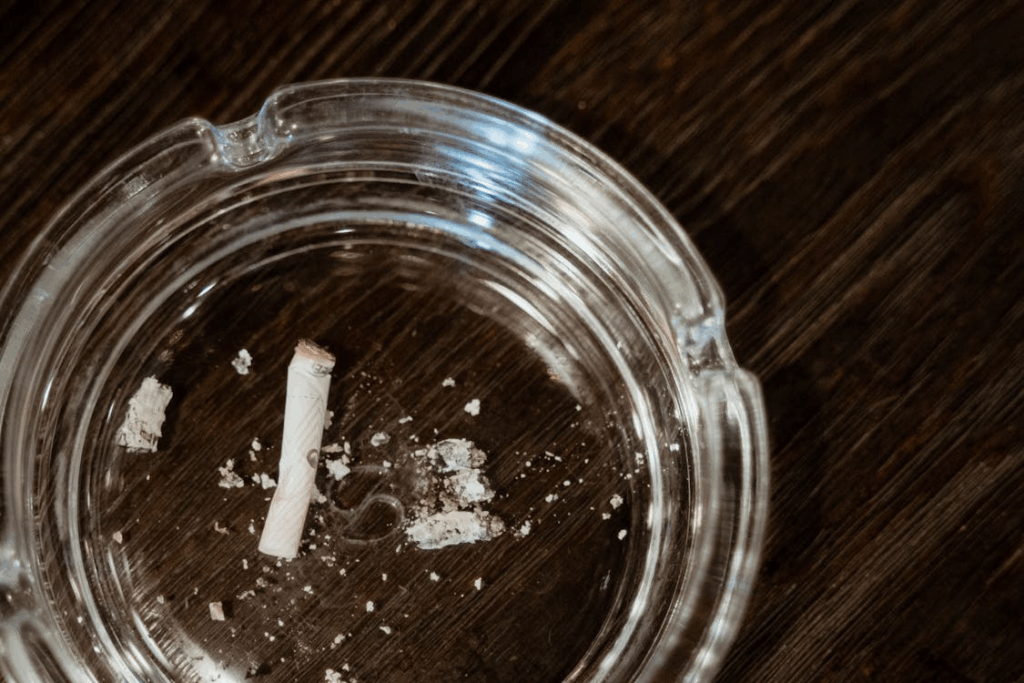
Smoking harms nearly every organ, and the kidneys are no exception. Chemicals in tobacco reduce blood flow, speeding up kidney damage. Vaping products also carry risks, despite being marketed as safer. Research shows that nicotine and additives put stress on the body’s filtration system. Smoking combined with other habits, like high blood pressure, creates a dangerous mix. Quitting reduces risks more quickly than many people realize. Protecting kidney health is another good reason to leave smoking behind.
What to Do Instead: Seek professional support or resources if quitting feels overwhelming.
2. Skipping Water Too Often

Kidneys depend on steady hydration to flush out waste and toxins. Without enough water, these substances build up in the bloodstream, forcing the kidneys to work harder. Repeated dehydration can lead to kidney stones or long-term damage. Some people drink mostly soda or coffee instead of water, which makes the problem worse. Clear or pale urine is usually a sign of good hydration, while dark urine signals the opposite. Small amounts of daily neglect add up quickly. Protecting your kidneys starts with something as simple as filling a glass.
What to Do Instead: Keep a refillable water bottle handy to make staying hydrated easier.
3. Ignoring Early Infections
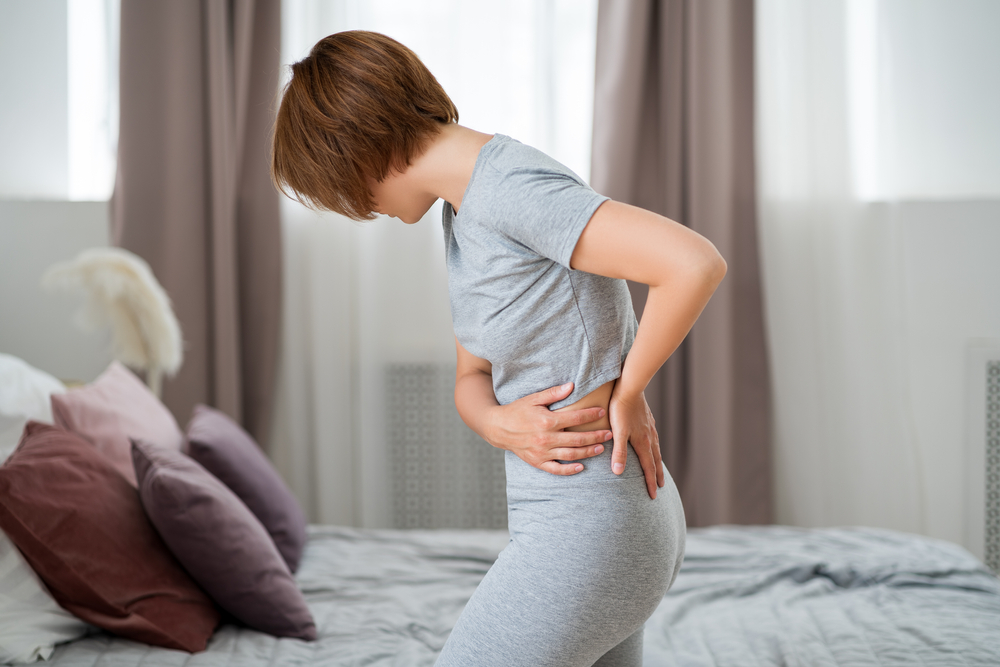
Urinary tract infections and kidney infections may seem minor, but untreated cases can damage the kidneys permanently. Bacteria can spread upward and scar delicate tissues. Some people wait too long before seeking treatment, allowing problems to worsen. Burning, pain, or unusual urine should never be ignored. Prompt medical care often prevents long-term damage entirely. Ignoring infections is one of the simplest but most harmful oversights. Protecting your kidneys starts with paying attention to these early warnings.
What to Do Instead: Seek medical help quickly for any signs of urinary infection to avoid complications.
4. Overdoing Protein Supplements
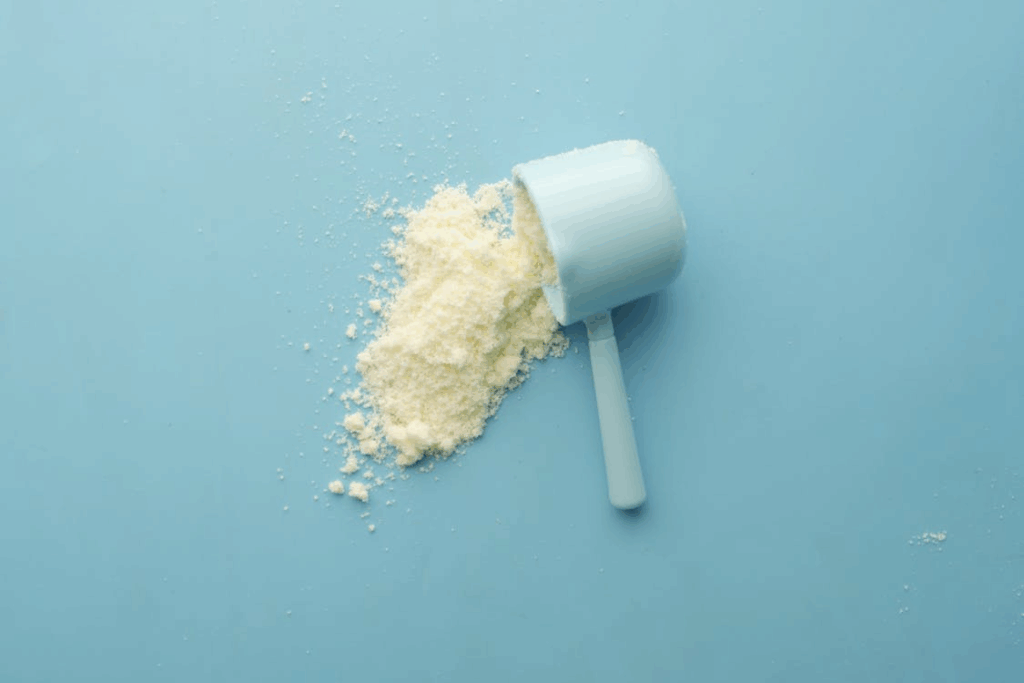
Protein shakes and powders are popular, especially with athletes and gym-goers. But excessive use can overburden the kidneys, which must process the extra waste created. This is especially risky if water intake is low. While protein is essential for building muscle, balance matters. Whole foods like fish, nuts, and legumes provide safer sources. Many people take far more powder than their body needs. Listening to your body and adjusting intake can prevent future strain.
What to Do Instead: Stick to recommended amounts and always pair protein supplements with plenty of water.
5. Eating Too Much Fast Food
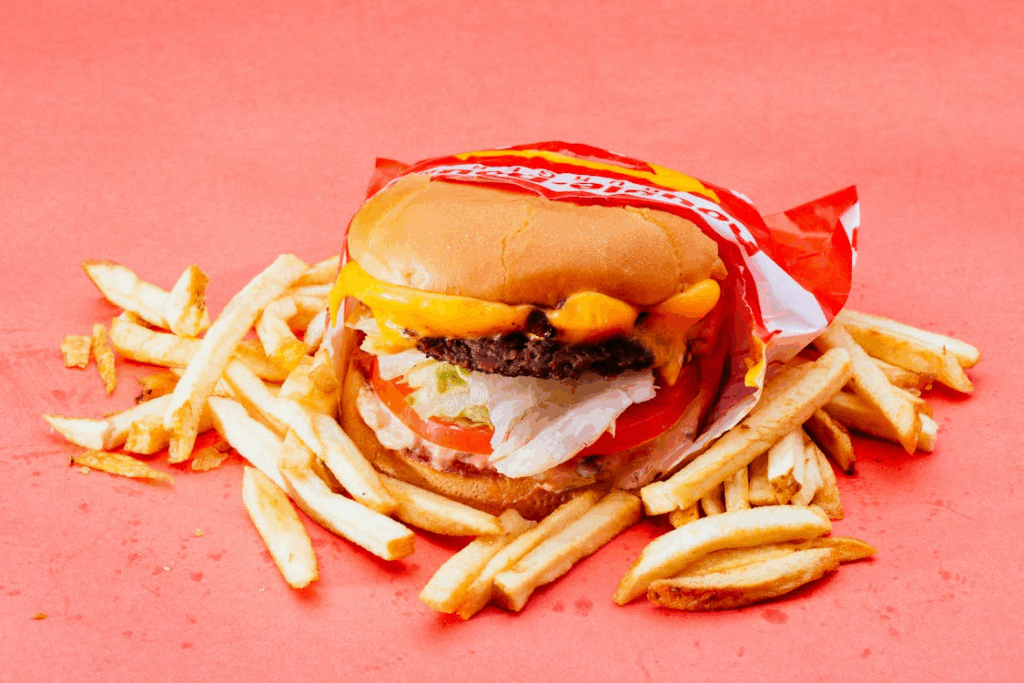
Fast food meals are often overloaded with sodium, fat, and sugar. High sodium levels increase blood pressure, which places stress on kidney function. The lack of fresh nutrients in these meals also deprives the body of the balance it needs. While convenient, constant reliance on drive-thru dinners has hidden costs. The kidneys end up working overtime to manage the excess salt and additives. Occasional indulgence is fine, but making it a habit puts your health at risk. Cooking at home even a few nights a week can make a big difference.
What to Do Instead: Balance the occasional fast food trip with fresh fruits and vegetables at your next meal.
6. Not Sleeping Enough

Sleep allows your kidneys, like the rest of your body, to rest and repair. Short nights interfere with hormonal balance that supports kidney function. Over time, chronic sleep deprivation raises the risk of kidney disease. Late nights on devices, stress, or irregular schedules are common culprits. Many people underestimate how much recovery happens during deep rest. Improving sleep quality helps your kidneys handle daily stress more efficiently. Good sleep is just as important as diet and exercise for long-term health.
What to Do Instead: Aim for 7–9 hours of consistent rest to support your kidneys.
7. Drinking Energy Drinks Regularly
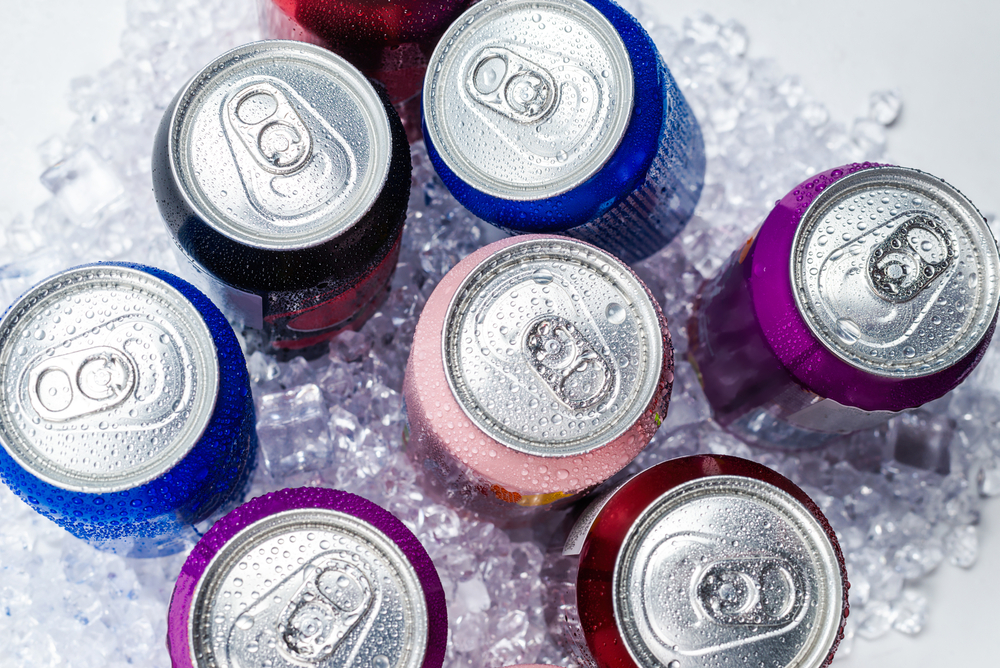
Energy drinks pack caffeine, sugar, and stimulants that push your kidneys to work harder. High caffeine can raise blood pressure, while sugar overload increases diabetes risk, both linked to kidney disease. Some people rely on multiple cans daily, thinking it boosts productivity. In reality, it creates strain that the body quietly absorbs. Long-term use also contributes to dehydration, another kidney stressor. Replacing them with water or natural sources of energy is far safer. Your kidneys benefit when stimulants are kept in check.
What to Do Instead: Limit energy drinks to rare occasions and never use them as a water substitute.
8. Eating Too Much Red Meat
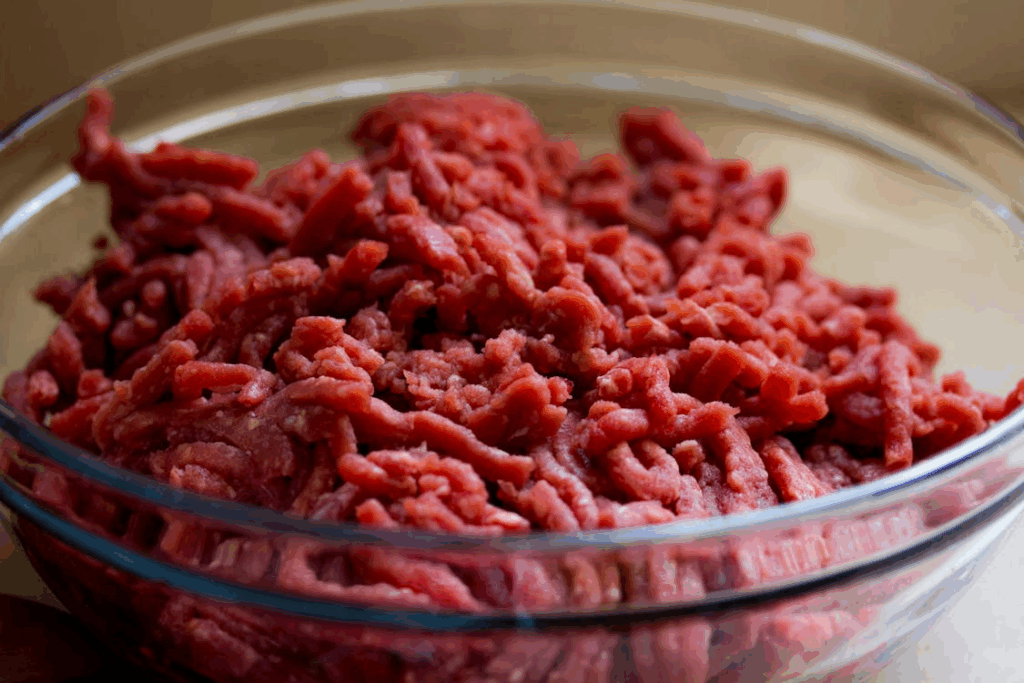
Diets packed with red meat can create extra waste for the kidneys to filter. Protein is important, but too much animal protein generates byproducts that strain kidney function. Over time, this may increase the risk of kidney stones and related issues. Plant-based proteins like beans and lentils are easier on the body. Variety in protein sources helps balance nutrients and reduce stress. Cutting down on oversized meat portions is a simple way to care for your kidneys. Moderation, not elimination, is the goal.
What to Do Instead: Try swapping a few meat-heavy meals each week with plant-based options.
9. Overusing Pain Relievers
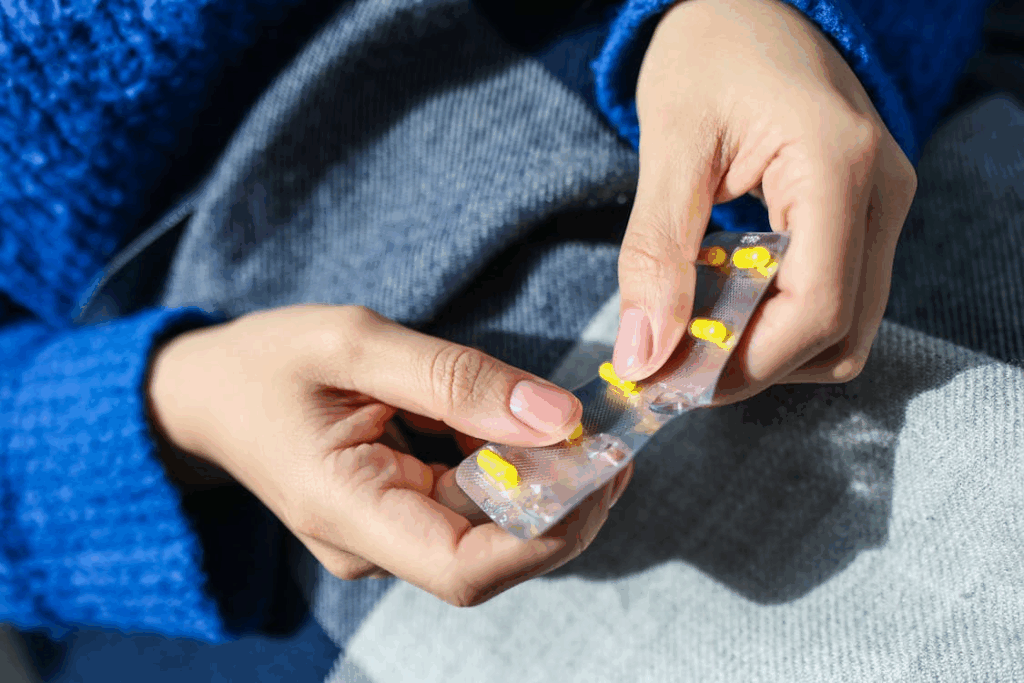
Non-prescription painkillers like ibuprofen or aspirin are easy to grab, but frequent use can lead to severe kidney damage. These medications reduce blood flow in the kidneys, limiting their ability to filter effectively. Taking them while dehydrated creates an even higher risk. Many people assume over-the-counter means harmless, but the damage grows over time. Occasional use is usually fine, yet daily reliance becomes dangerous. Alternative pain management methods are often overlooked but can reduce stress on the body. Your kidneys benefit from moderation more than anything else.
What to Do Instead: Always follow dosage instructions and consult a doctor before long-term use.
Taking Care of Your Kidneys for the Long Term
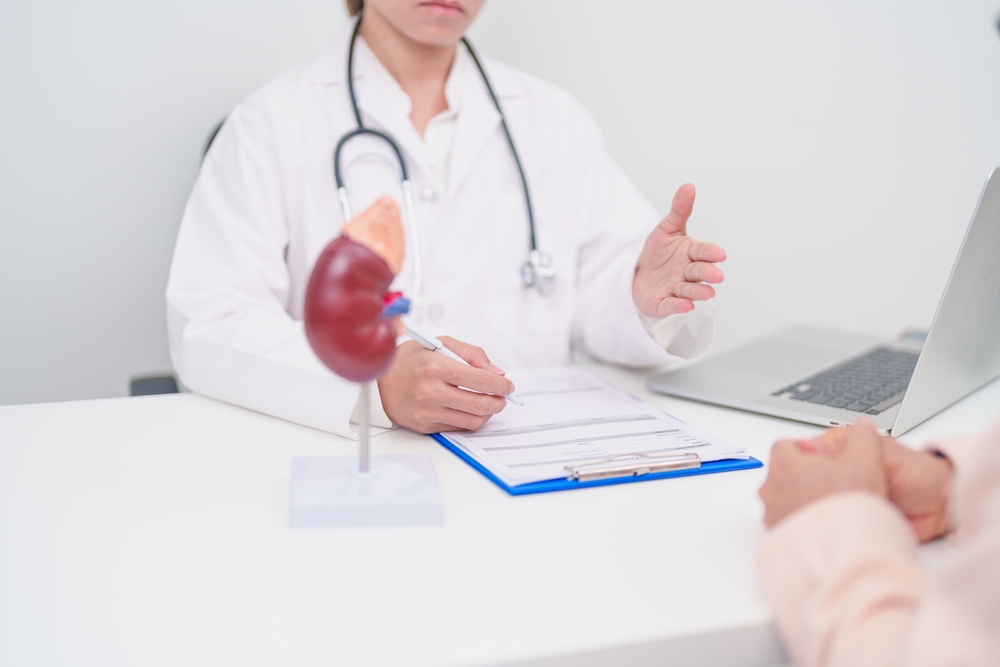
Your kidneys work quietly but tirelessly, and the choices you make every day directly affect them. Hydration, balanced nutrition, and adequate rest all help protect these organs. On the other hand, processed foods, excessive supplements, smoking, and untreated infections slowly chip away at their strength. The danger is that kidney issues often stay hidden until they are advanced. By then, options for recovery are more limited. Changing habits now keeps the kidneys healthier and stronger for the future. Small adjustments, like swapping soda for water or setting a better sleep routine, are powerful steps. Your kidneys support your body every day, and caring for them today means a healthier tomorrow.
Disclaimer: This information is not intended to be a substitute for professional medical advice, diagnosis or treatment and is for information only. Always seek the advice of your physician or another qualified health provider with any questions about your medical condition and/or current medication. Do not disregard professional medical advice or delay seeking advice or treatment because of something you have read here.
A.I. Disclaimer: This article was created with AI assistance and edited by a human for accuracy and clarity.
Read More: What Are Staghorn Kidney Stones? (Symptoms, Causes, and Treatment)
